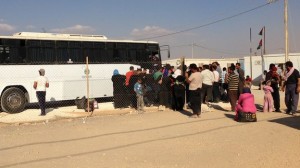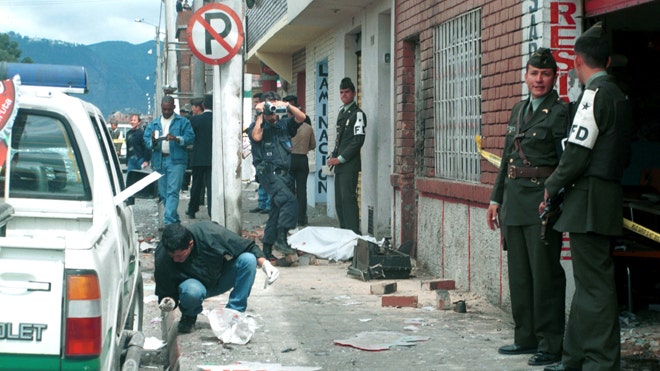By Alexandra Sandacz
Impunity Watch Reporter, Europe
MOSCOW, Russia – The Russian Interior Ministry recently announced that the investigation into death of Sergei Magnitsky is finished and the case file for the impending trial is prepared. The trial, regarding Magnitsky’s death while in Russian police custody, will be the first posthumous prosecution case in Russian history.

Sergei Magnitsky’s death, which happened almost exactly three years ago, sparked widespread criticism over Russian human rights. Last summer, police officials reopened Magnitsky’s case. Mr. Magnitsky was jailed in 2008 after being accused of helping Hermitage Capital evade $17.4 million in taxes. However, the allegations arose after Magnitsky testified against Interior Ministry officials for their role in an embezzlement plan.
During the Russian Interior Ministry’s investigation, falsified evidence was discovered. On November 11, 2009, Sergei Magnitsky was the first to uncover the falsified files. He wrote a complaint describing the violations and described his intent to expose the responsible individuals. However, on November 16, 2009, he was found dead on the floor of an isolation cell.
In the posthumous prosecution case, Hermitage lawyers uncovered the false documents in the case file. In reaction, counsel for Hermitage Capital filed 40 complaints reciting the violations such as concealment of evidence and conflict of interest. Nevertheless, the Ostankinsky District Court and the Federal Interior Ministry excluded all the complaints made. Furthermore, Interior Ministry investigator Shupolovsky denied Hermitage’s lawyer further access to materials in the case file.
On November 1, 2012, Hermitage lawyers filed complaints of obstruction of justice in responded to the denial of access into the case file. However, the response is not yet known.
A Hermitage lawyer stated in their complaint, “The case is an unlawful criminal proceeding which is carried out in spite of the evidence of innocence and despite the absence of a crime allegedly committed more than ten years ago…Under the guise of a criminal proceeding, the authorities are carrying out a politically motivated punishment of Hermitage, that lead to the death of Sergei Magnitsky.”
The complaint continued, “Counsel was given materials of the case file from which they have established evidence of the falsification and abuse of office,… the significant amount of materials have been concealed from the counsel… Following this, Interior Ministry Investigator Shupolovsky acting in abuse of office and contrary to the interests of the public service, willfully pursuing unlawful purposes, has denied the counsel the access to the case file.”
Magnitsky’s family refused to take part in the posthumous proceeding. They believe it is amoral and unconstitutional. In attempt to prevent the proceedings, Magnitsky’s family filed three appeals with the Russian courts and several appeals with the Russian Prosecutor’s Office and the Interior Ministry. Each appeal was denied.
For further information, please see:
EU Reporter — The Posthumous Prosecution Of Sergei Magnitsky – 3 November 2012
Law and Order In Russia — Posthumous Prosecution of Sergei Magnitsky is Moving Forward In Spite of Massive Falsifications; Lawyers are Forbidden to See the Case File – 2 November 2012
The Huffington Post — Sergei Magnitsky Dead: Russia Whistleblower’s Death Prompts Mother To Call For Investigation – 2 October 2012
The New York Times — Russia Plans to Retry Dead Lawyer in Tax Case – 7 February 2012



